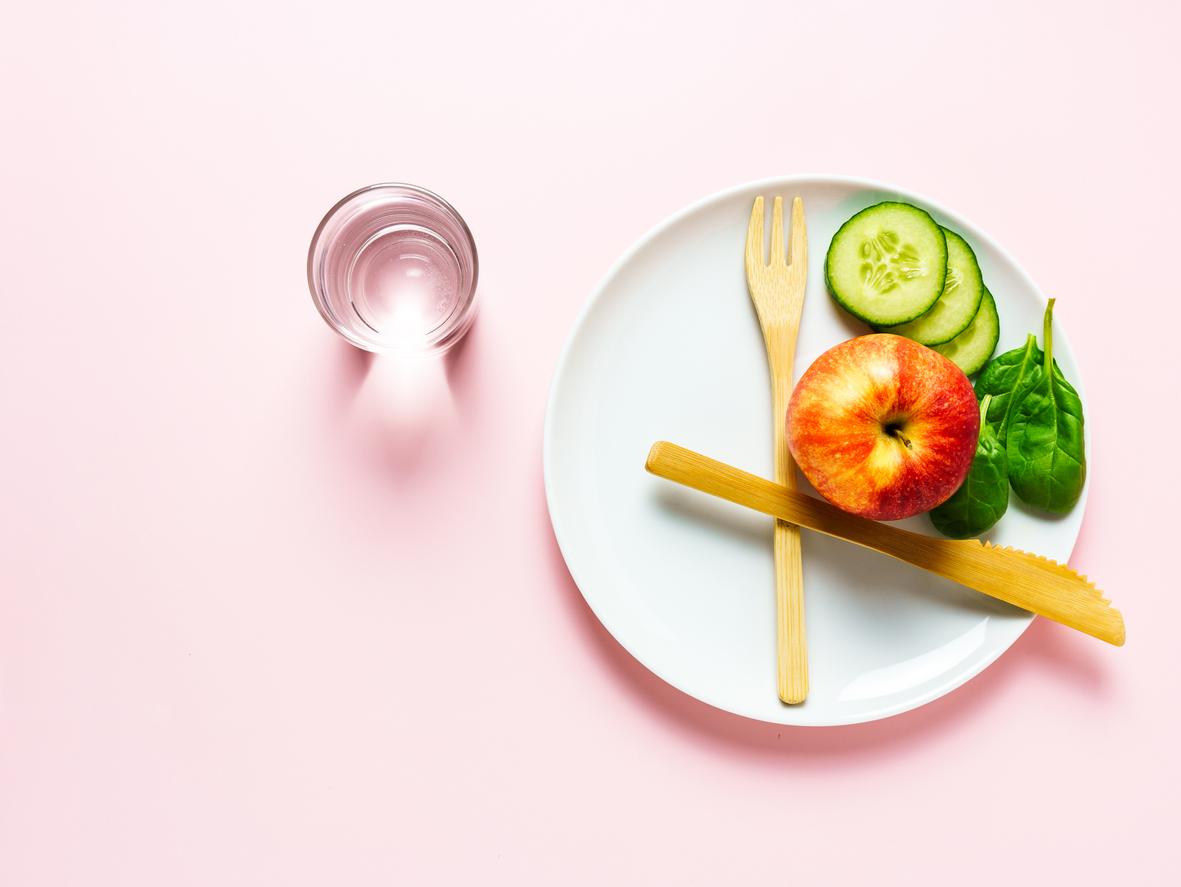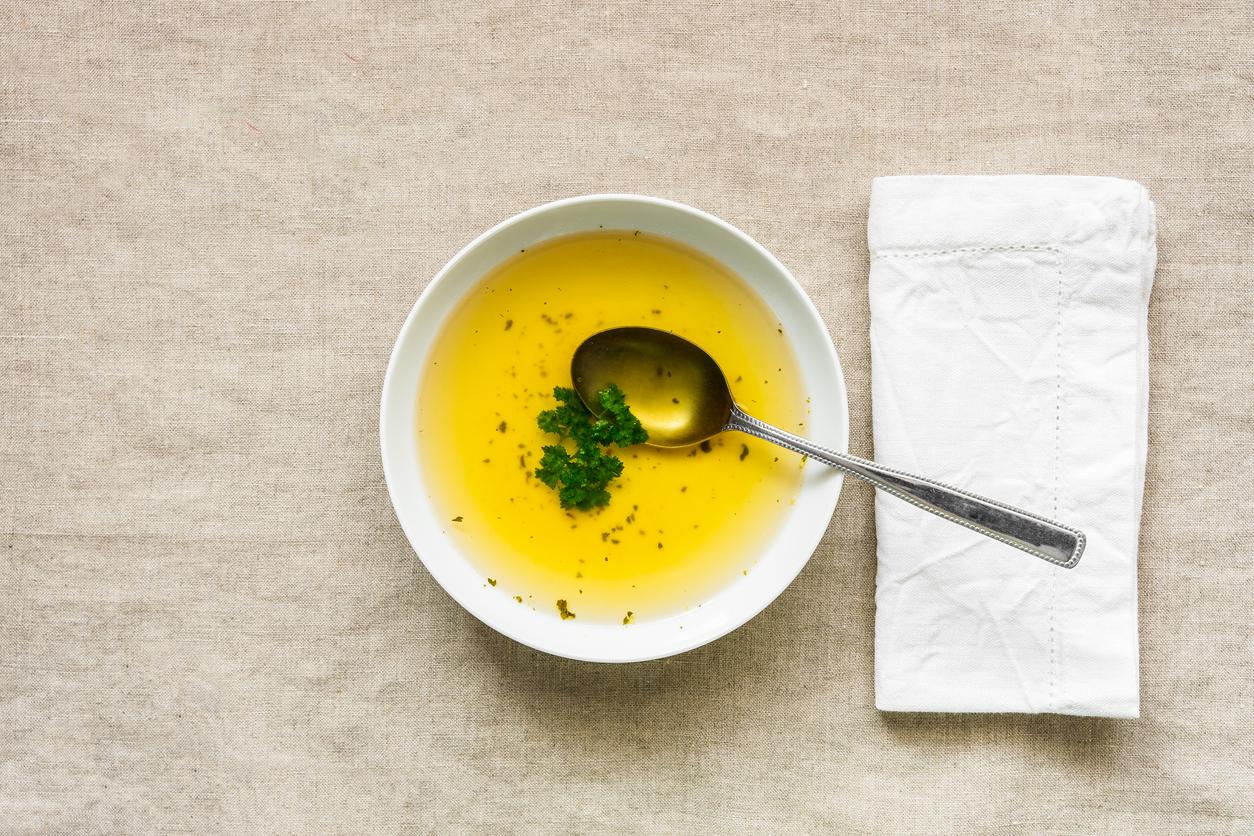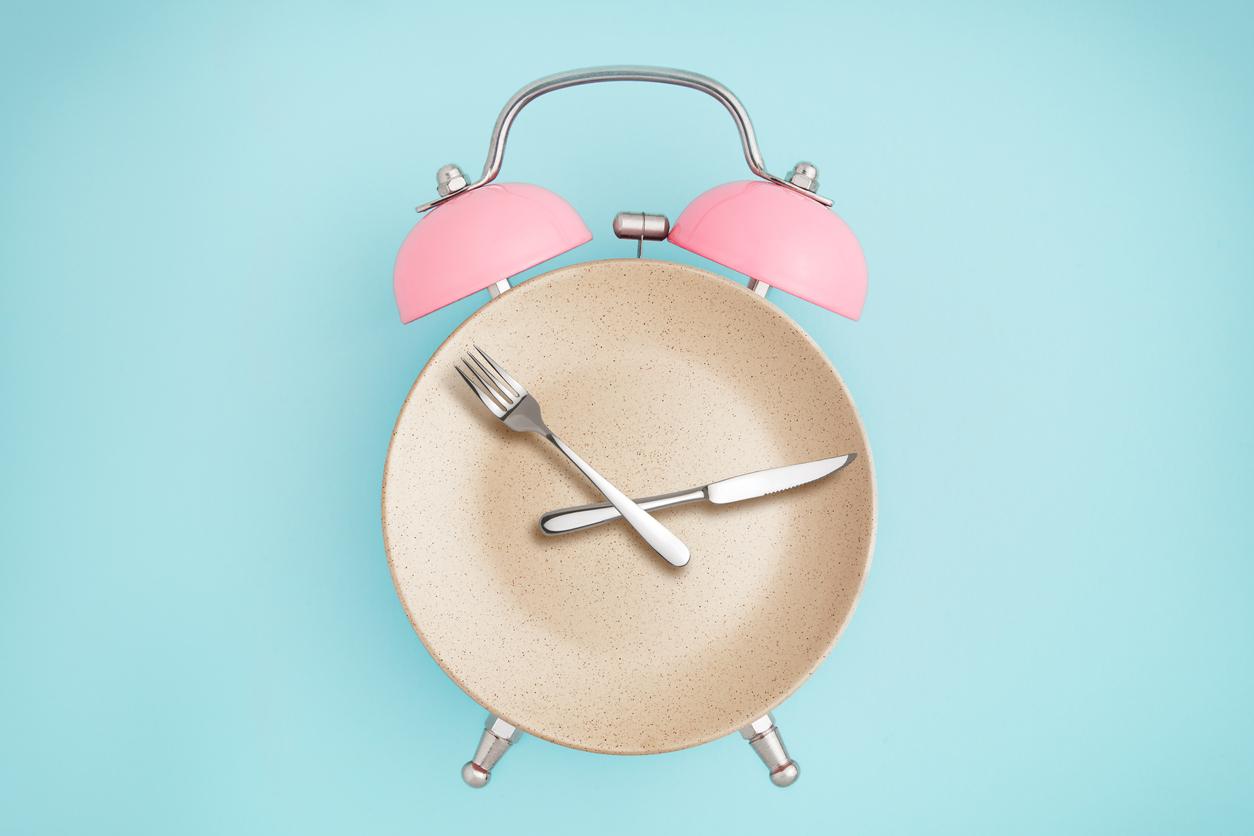What exactly is an antioxidant?
“Antioxidants are vitamins (A, C, E), minerals (selenium, zinc), carotenoids (lycopene, beta-carotene …) or polyphenols (more than 5,000 varieties), present in certain foods or drinks” , details Raphaël Gruman, dietitian nutritionist. By definition, antioxidants oppose oxidants, also called free radicals. Molecules that disrupt the functioning of our cells, accelerate aging, weaken immunity. And increase the risk of cardiovascular disease, macular degeneration (retinal disease), cataracts (blindness), and certain cancers. All are essential and complementary: swallowing a lot of vitamin C but no polyphenol is not enough.
Why does our body need it?
We all have an oxidant / antioxidant “oxidative balance” within us. Too many oxidants (excess sport, pollution, stress, tobacco, certain medications, sun exposure, chronic diseases such as diabetes or Crohn’s disease), and not enough antioxidants to counter them? It is oxidative stress: we “oxidize” at high speed. “An imbalance in this balance favors certain diseases. The results of the Suvimax * study point in this direction. The more we increase the sources of oxidation (if we smoke, for example), the more antioxidants we must consume ”, continues Raphaël Gruman.
What can be done to better integrate them into the diet?
Antioxidants are found in just about all foods. Already in all colorful fruits, vegetables and drinks. Dark green indicates the presence of lutein and chlorophyll; orange, that of beta-carotene, red, that of lycopene; purple, that of tannins … We also find lutein in egg yolk, selenium in offal and seafood, zinc in shellfish, coenzyme Q10 in sardines and beef… A varied diet is therefore necessary to cover all of our needs.
Read also:
A maximum of antioxidants on your plates
4 anti-aging blueberry breakfasts
How do we assess them?
Orac (Oxygen radical absorbance capacity) is the benchmark. Thereby, prune, raisin, ripe, blueberry, garlic and kale would be the six champions. “However, tempers Dr. Jean-Michel Lecerf, nutritionist doctor, the figures are theoretical, unrelated to physiological reality. Because everything depends on the bioavailability of each antioxidant, therefore on the body’s ability to assimilate it. A food can be rich in quercetin, if the body absorbs 1% of it, what is it for? ”However, the more foods that are well provided with antioxidants are consumed, the more likely they are to cover their quota!
Can they get damaged?
“Some antioxidants are more fragile than others. For example, vitamins A and C are sensitive to heat and light, ”warns Raphaël Gruman. Under aggression, they break or deform, their structure changes and they can no longer act. “Keep your fruit and vegetables cool and protected from light,” advises the specialist. The ideal: frozen foods, because they are frozen at the place of picking. Otherwise, fresh, and as a last resort, canned: the preservative liquid and canning mistreat the antioxidants. ” As for the cooking methods, vary them by avoiding too high temperatures.
Does our diet give us enough?
“In theory, yes, in any case that’s what we like to say in France, laughs Raphaël Gruman. In practice, this is almost impossible. And it all depends on what you eat! ” Five fruits and vegetables a day, stack the amount of dairy products, fish, meat, eggs, a little spices, aromatic herbs at each meal? If so, well done. But do you do it every day? And “nutrition is not permanent mental arithmetic!” Recalls Dr Lecerf. Always remember to have a global approach and not to focus on a food.
How do you know if you are missing?
You can do blood tests or, for 15 €, an oxidative test, at home, in 5 minutes. “Unfortunately, their reliability is questionable, deplores Raphaël Gruman. They assess oxidative stress at a given point in time as it varies every day. And they do not provide information on a lack of this or that antioxidant ”. As for Dr.Lecerf, he denounces a mercantile approach without scientific basis.
Should I take antioxidant supplements?
Experts disagree! Raphaël Gruman is more in favor. “My patients derive an appetite suppressant, anti-fatigue and, no doubt, psychological benefit from it. In addition, the risk of overdose is almost zero. ” While for DrLecerf, “oxidative stress results from many parameters. The benefits of antioxidant supplementation are not measurable ”, although they are not zero. A personalized approach is essential. And then, “increasing the nutritional status of antioxidants is good, but nothing proves better protection”. On the other hand, in case of proven weakness, it can be useful. For example, lutein against macular degeneration.
What are the most antioxidant drinks?
White tea, green, black or matcha (ground tea powder that does not infuse: we drink it), black coffee, chocolate, acai juice, pomegranate juice, red wine… “In the latter, alcohol improves the bioavailability of antioxidants in the grape, and in addition we benefit from the tannins of the oak barrel in which it has been patient”, specifies Dr Lecerf . Cider is also interesting: a lot of antioxidants (the varieties of apples used are hardy), low in calories and alcohol. To consume with moderation!
Read also:
5 special fall anti-oxidant spices
Health: your 8 healthy foods for fall


















